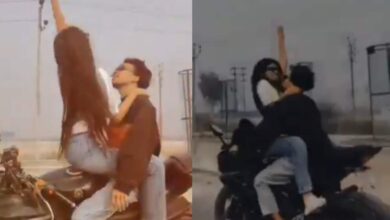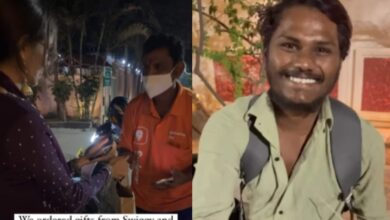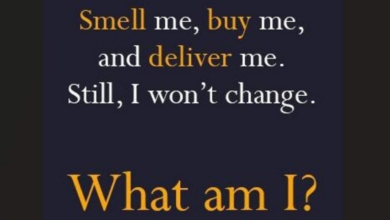Threats to Deepika, ban on Padmavati a different kind of censorship: Bombay HC

Strongly disapproving of the manner in which Sanjay Leela Bhansali’s film Padmavati has been held up, the Bombay high court called it “a censorship of a different kind” on Thursday. Noting the threats issued to lead actress Deepika Padukone, the court said it was an indication of “what we have come to.”
“Here we have a situation in which a chief minister says he will not allow the film to be released,” said a division bench of justices SC Dharmadhikari and Bharati Dangre. “Tomorrow, people will not be able to convene meetings and express their views,” they said.
The bench was hearing petitions filed by the families of rationalist Dr Narendra Dabholkar and Communist Party of India leader Govind Pansare, who complained that the investigation into the murders of the two men was progressing slowly.
Dabholkar was shot dead in Pune on August 20, 2013. Pansare, who was shot in Kolhapur on February 16, 2015, succumbed to his injuries four days later. While the Central Bureau of Investigation (CBI) is investigating the Dabholkar murder, a special investigating team of the state Criminal Investigation Department (CID) is investigating Pansare’s killing.
“At the core of these crimes are bold attempts being made by fringe groups to attack those who voice rational views, thoughts, feelings and expressions,” the judges said.
“In which other countries are artists and performers threatened?” the bench asked senior advocate Ashok Mundargi, who represented the Maharashtra government, and additional solicitor general Anil Singh, who appeared for the CBI.
“It is distressing to know that a person who makes a feature film, which several people work tirelessly towards, is unable to release it owing to continued threats,” the bench said.
The bench said people were threatening to reward those who kill the performers. “Such open threats are being televised publically. Nothing is being done about them,” the judges said.
They added that what concerned them was that India’s image and reputation was being harmed. “We can no longer take pride in the fact that we are the world’s largest democracy,” they said.
The bench said states such as Maharashtra and Karnataka are known for their progressive thinking and their social reformers, thinkers, performers and artists. Such incidents put a dent in their reputation, it said.
The court asked the CID and CBI to speed up their probes, saying agencies in other countries ensured that those suspected of attacks were apprehended dead or alive, within hours. “But, we have not learnt anything from incidents such as the attack on the Parliament or our Prime Minister.” They added that such serious matters could not be allowed to drag on for years.
Mundargi and Singh assured the court that senior CID and CBI officials would meet and share information to trace the absconding accused.







